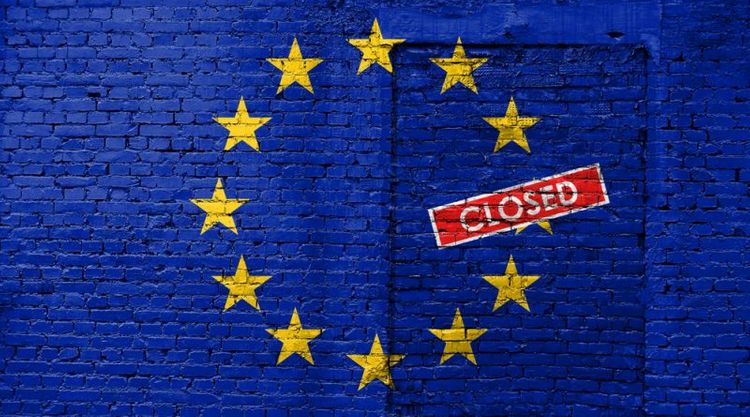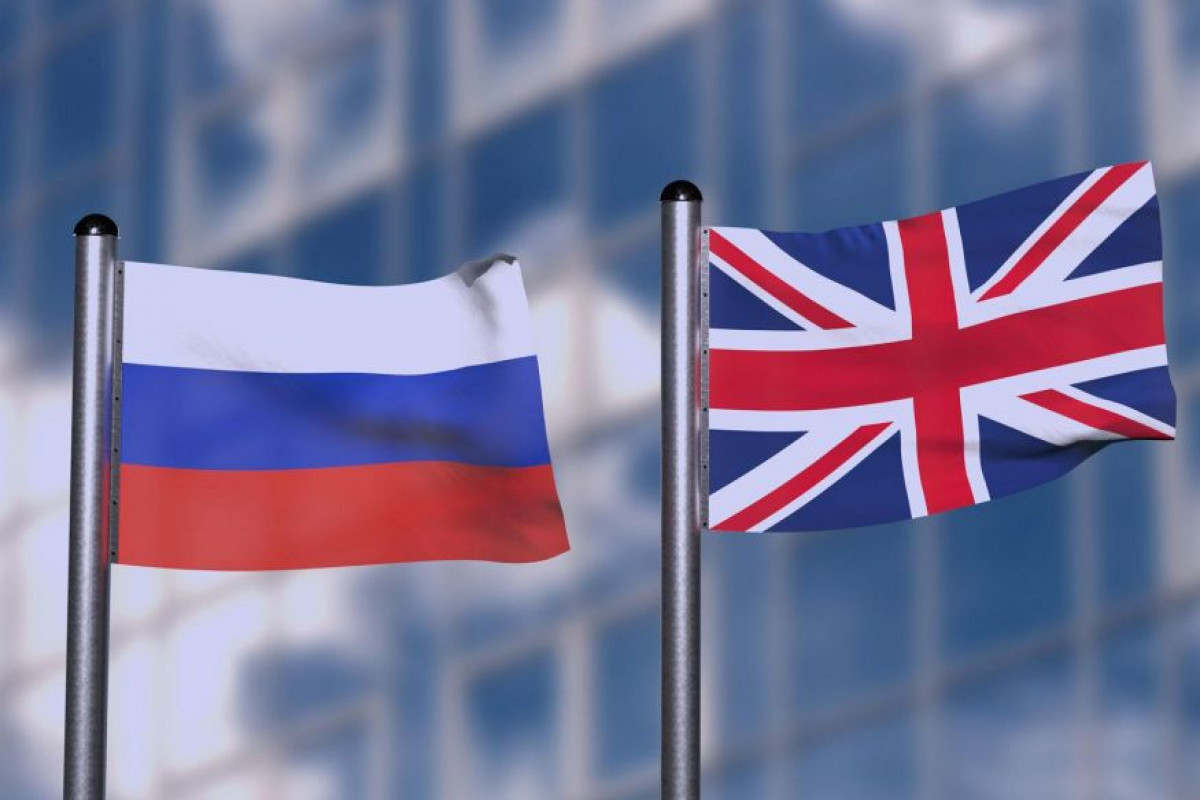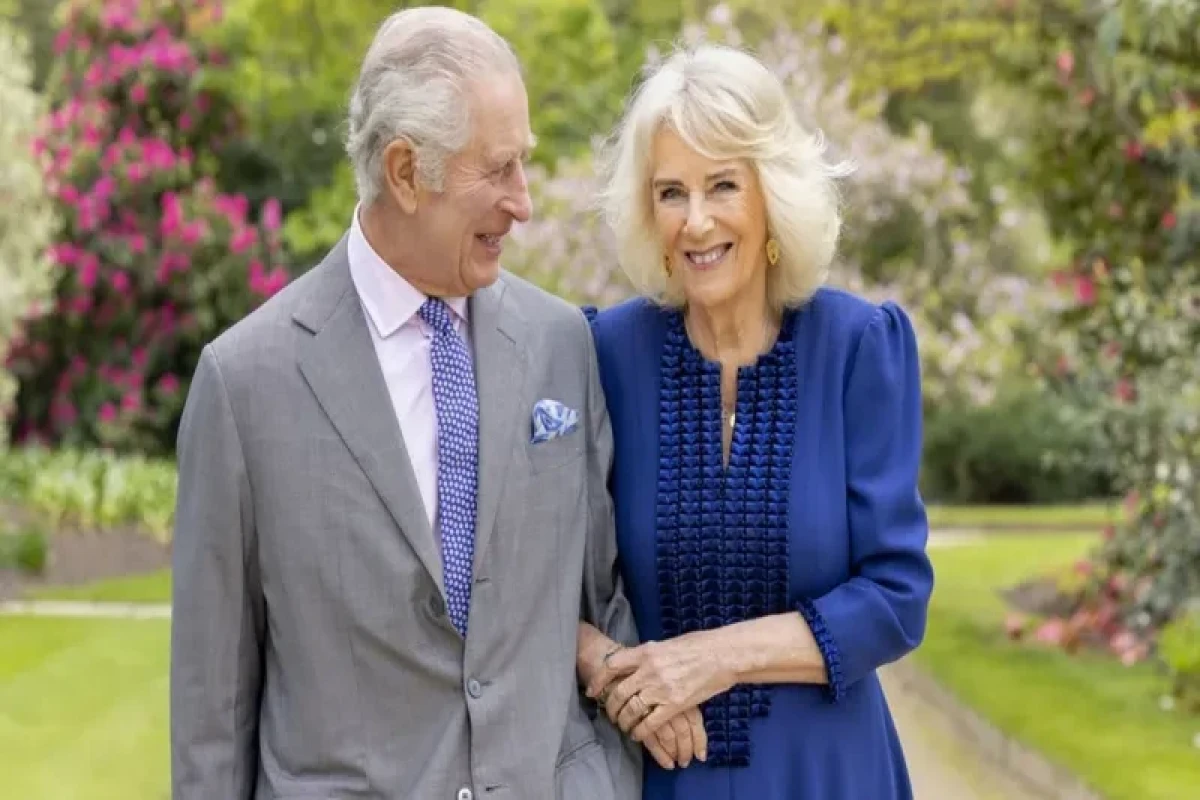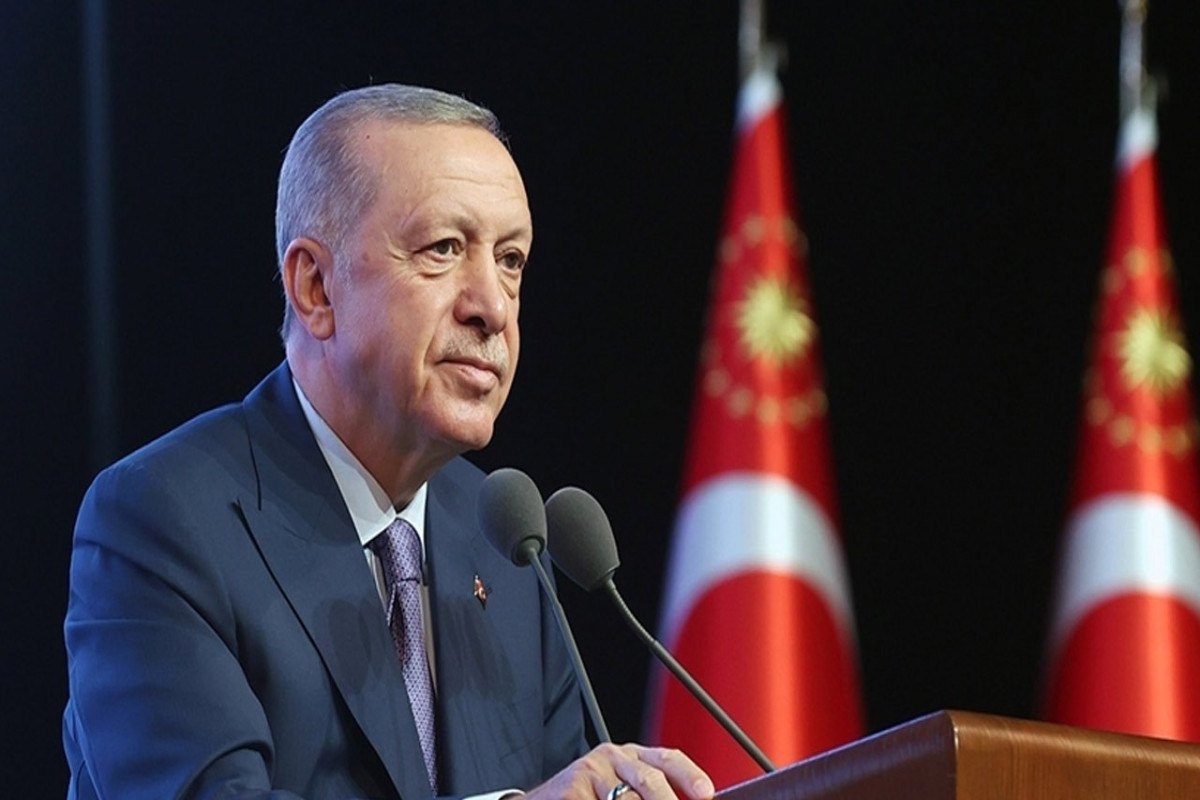Restrictions for non-essential travel to the European Union should remain in place as the third wave of the novel coronavirus has gripped Europe, according to a final communique of the online EU summit held on Thursday, APA reports.
"The epidemiological situation remains serious, also in the light of the challenges posed by variants. Restrictions, including as regards non-essential travel, must therefore be upheld for the time being, taking into account the specific situation of cross-border communities, while the unhindered flow of goods and services within the Single Market must continue to be ensured, including by making use of Green Lanes," the statement reads.
At the same time, the document says that preparations should nevertheless start on "a common approach to the gradual lifting of restrictions, to ensure that efforts are coordinated when the epidemiological situation allows for an easing of current measures."
As far as vaccination certificates are concerned, EU leaders say that "legislative and technical work on COVID-19 interoperable and non-discriminatory digital certificates, based on the Commission proposal, should be taken forward as a matter of urgency."
Speaking about the pandemic and related restrictions in general, the EU leaders stressed that the main task is to speed up the process of vaccination, which proceeds too slowly at the moment. Earlier, the European Commission said that the 27 EU member states had received 88 million doses of anti-coronavirus vaccines between December 27, 2020 and March 25, 2021, and used 62 million of them by now. At present, 18.2 million people have received two doses of a vaccine, which amounts to only 4.1% of the entire EU population. At the same time, transnational pharmaceutical giants have exported 77 million doses of vaccines, produced on the EU territory, to 33 countries worldwide.
Meanwhile, European Commission President Ursula von der Leyen told reporters after the summit that pharmaceutical companies should be allowed to export their vaccines, produced on the territory of the EU, only after they fulfill their contract obligations to the European Union nations. Earlier, the European Commission said AstraZeneca delivered only 30 million doses to the EU in the first quarter of 2021, which is four times fewer than it should have supplied under the existing contract (120 million).
Overall, EU countries are to receive over 100 million vaccine doses by late March, including 66 million produced by US company Pfizer, at least 30 million doses out of the 120 million pledged by UK-Swedish company AstraZeneca and about 10 million doses of the vaccine developed by US company Moderna.
EU expects the situation to improve by the end of the second quarter of 2021, when EU is to get 360 million doses, including 200 million from Pfizer, 35 million from Moderna, 70 million from AstraZeneca and 55 million from Johnson & Johnson.






